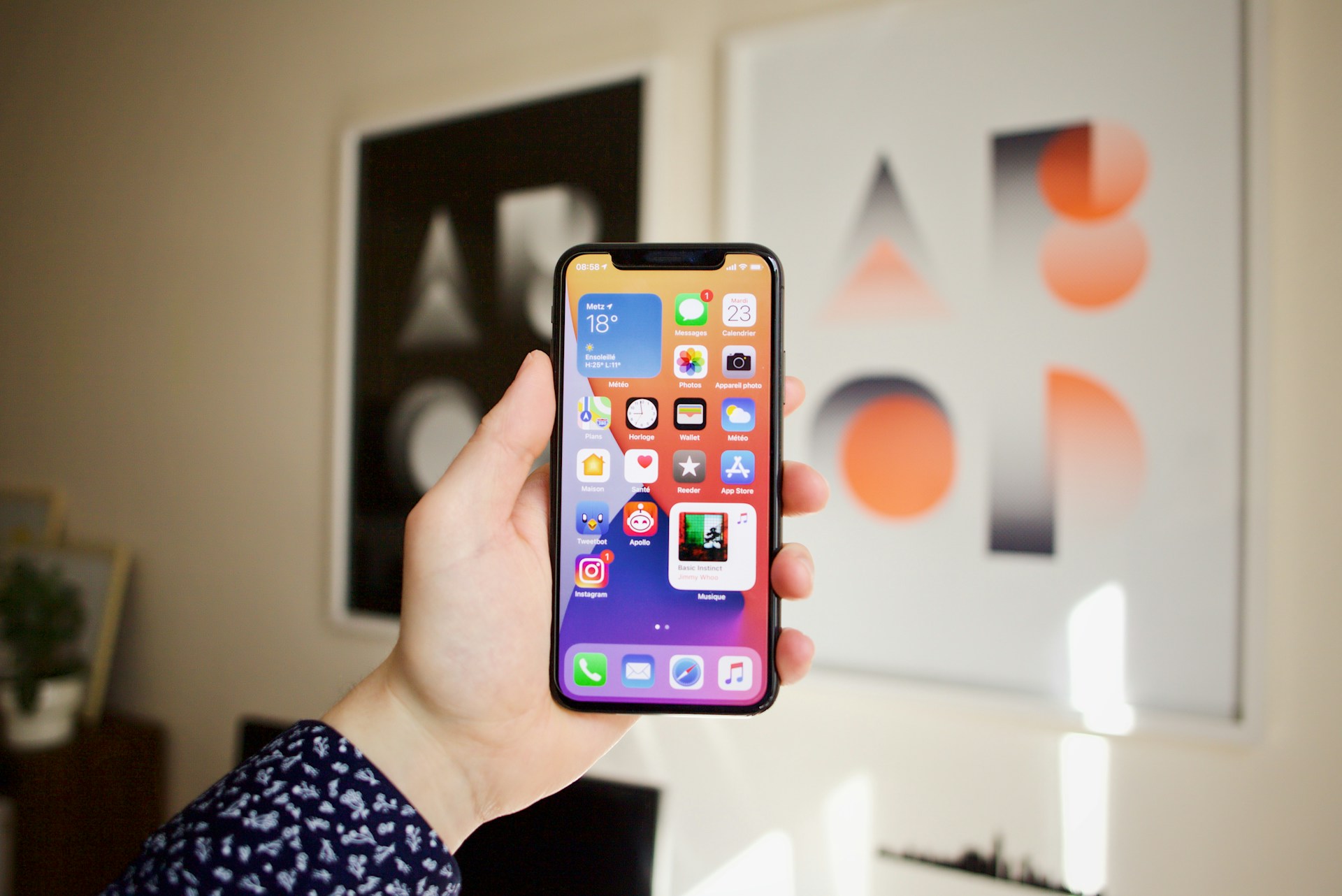In a significant policy shift announced on Friday, Apple has updated its App Store guidelines to permit retro game emulators globally, signaling a new openness towards this category of apps. This change will allow developers of game emulators, which have been largely available on Android, to release their applications on iOS platforms, complying with all applicable laws to avoid the distribution of pirated games.
Background and Implications
Historically, Apple has prohibited game emulators on its iOS devices, forcing iPhone users to resort to jailbreaking or other workarounds to use such software. This policy adjustment comes at a time when third-party app stores are gaining traction in the European Union, where they are now legally permitted. Apple’s move could preemptively address user drift to these alternative platforms by integrating more desired functionalities within its ecosystem.
Updates on Super Apps and Cloud Gaming
Alongside the emulator update, Apple has also refined its regulations concerning super apps, such as WeChat. The new rules specify that mini-games and apps within these platforms must utilize HTML5, clearly stating that native apps and games are not permitted within such ecosystems.
Moreover, Apple’s adjustments seem to be a response to various antitrust actions, including a lawsuit in the United States accusing the tech giant of stifling competition in cloud gaming and super apps. Recently, Apple began allowing cloud streaming services like Xbox Cloud Gaming and GeForce Now to operate via the App Store, a move seen as an effort to mollify regulatory scrutiny.
Additional Changes in the EU
Apple has made further changes specifically for the EU market due to pressure from the European Commission. The company will now allow music streaming apps to include in-app links directing users to external purchases and to display pricing information. These apps can also ask users for their email addresses to promote direct sales of digital music content or services through external platforms.
This update follows critiques from the European Commission, which labeled Apple’s previous anti-steering rules as “illegal.” Despite these changes, companies like Spotify have expressed dissatisfaction, pointing out that Apple still intends to collect commissions on purchases made through external links—a practice at odds with the European Commission’s directives for free communication between apps and users.
































































